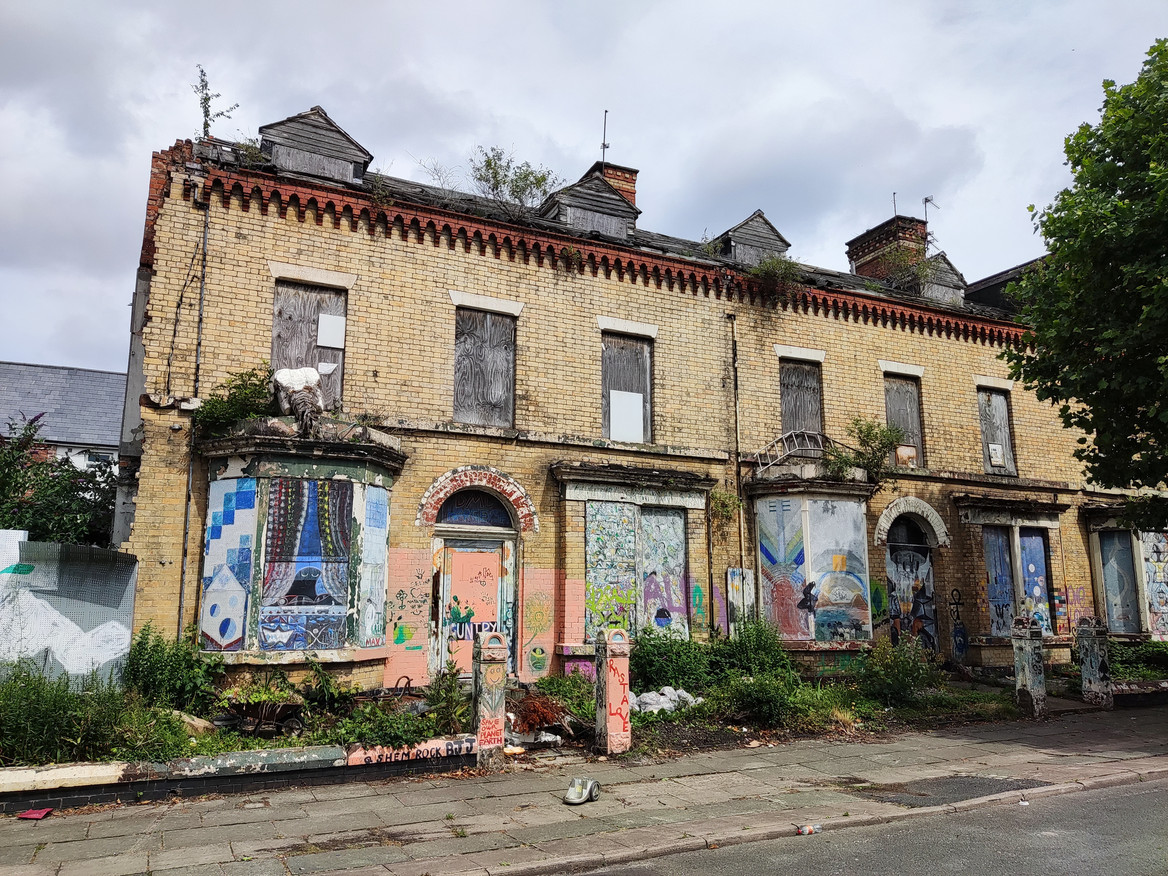Main Content
Urban Sustainability Transformations

Urban Sustainability Transformations
Sustainability and climate policy is increasingly being shaped under the impression of drastic disruptive events: Heavy rainfall events and heat waves, but also sudden changes in social and political priorities challenge established institutional procedures and planning processes. Against this background, the Research Group investigates the prerequisites and possibilities of local and regional sustainability and climate policy as well as the sustainable transformation of cities. The focus is on the development, expansion and implementation of strategies in climate, energy and environmental policy. Special interest is given to the possibilities of action of city administrations and city politics in international comparison, institutional change as well as the increasing importance of cities and city networks on an international and European level. In addition, the research group examines the transfer of knowledge between cities or regions and between different policy areas within cities. In this context, it is also investigated whether and how policy experiments and innovations (e.g. real world labs, pilot projects, smart city projects) can be transferred from one city or region to another.



